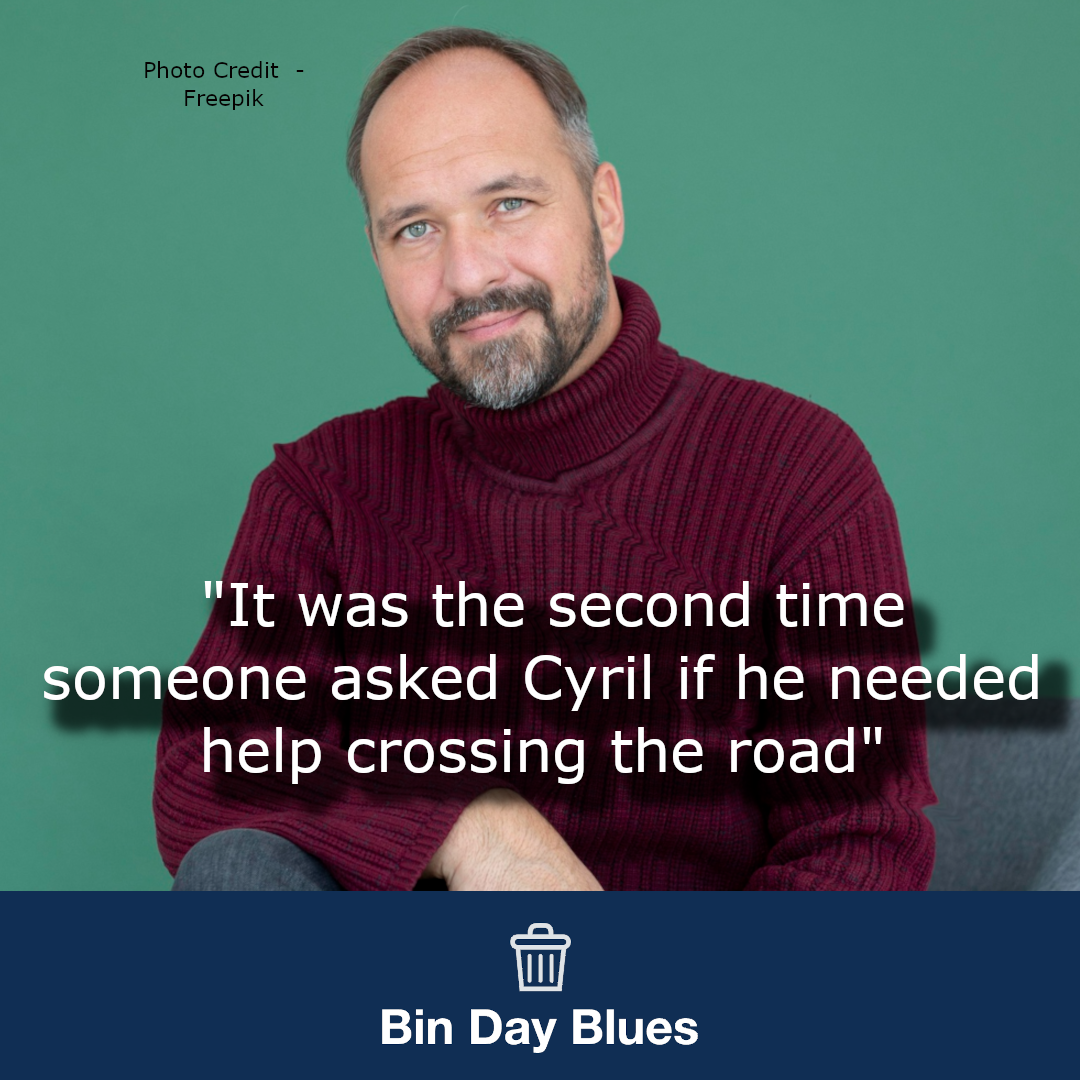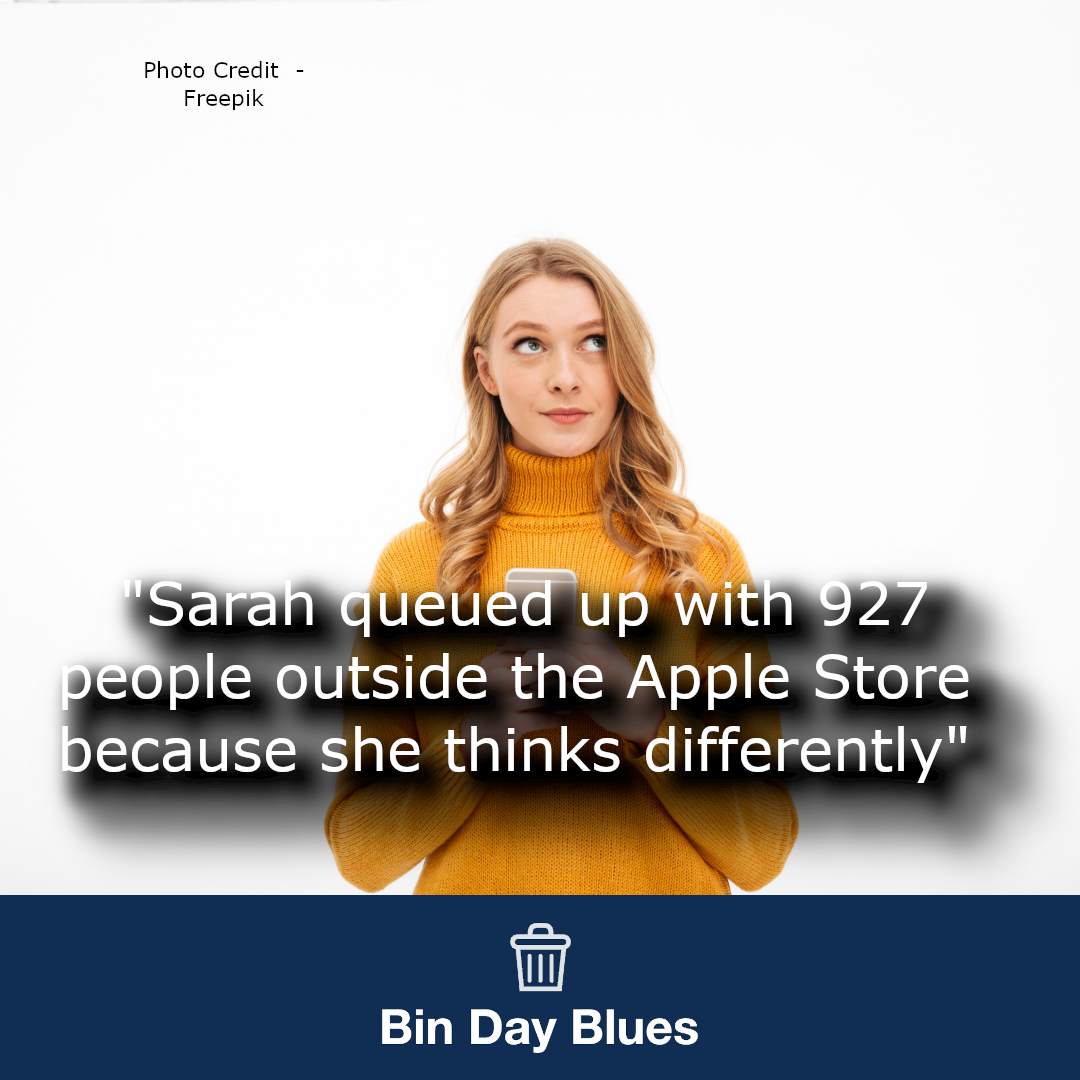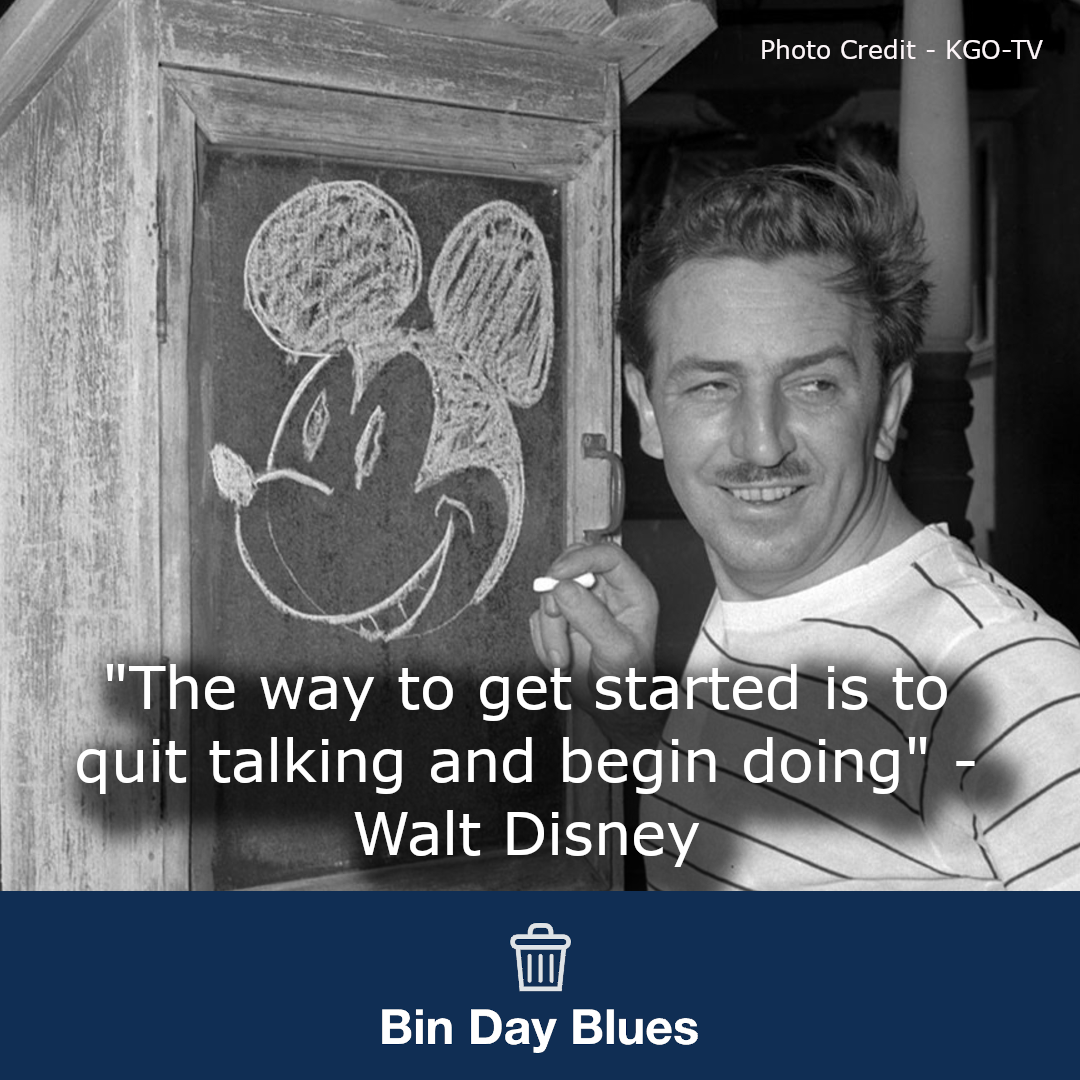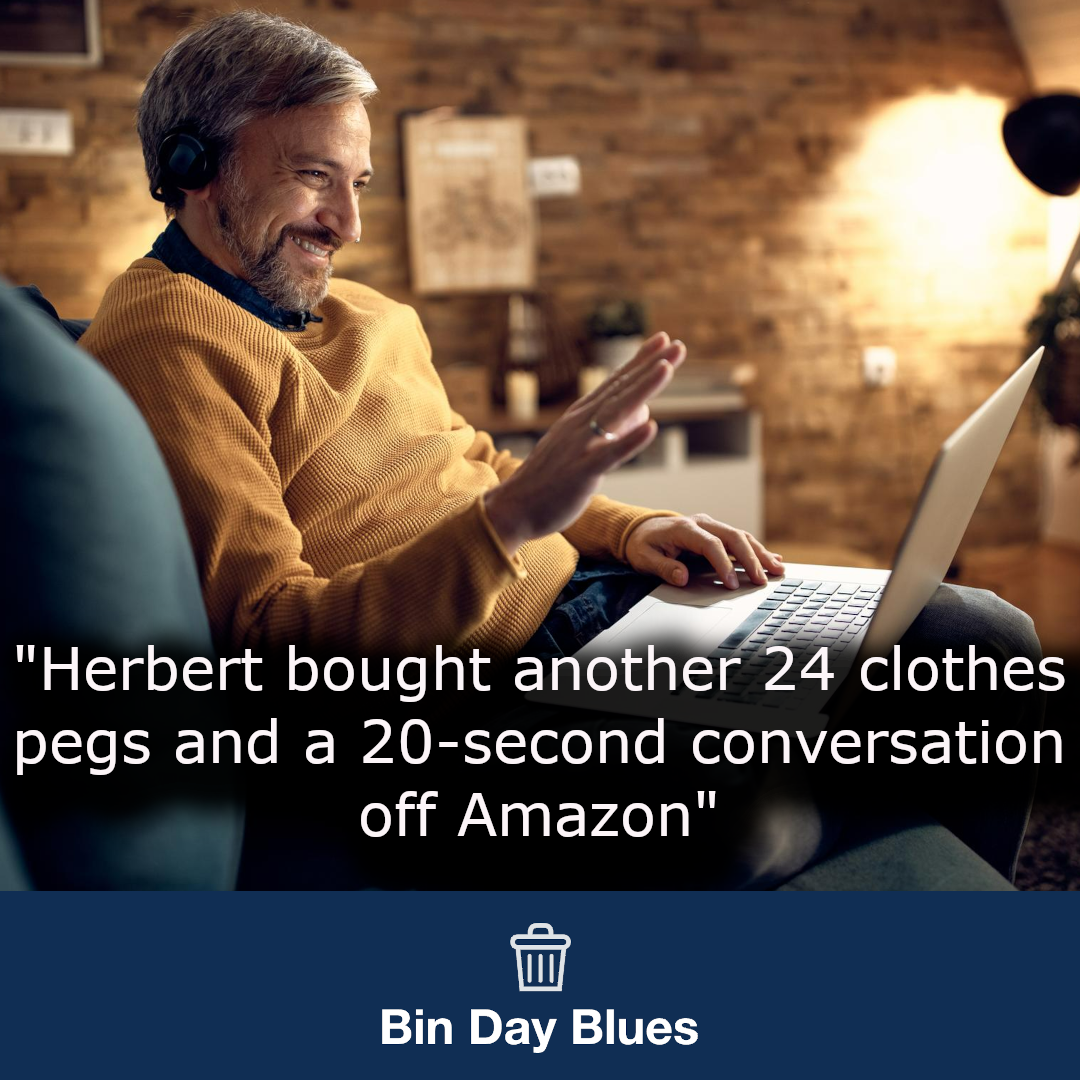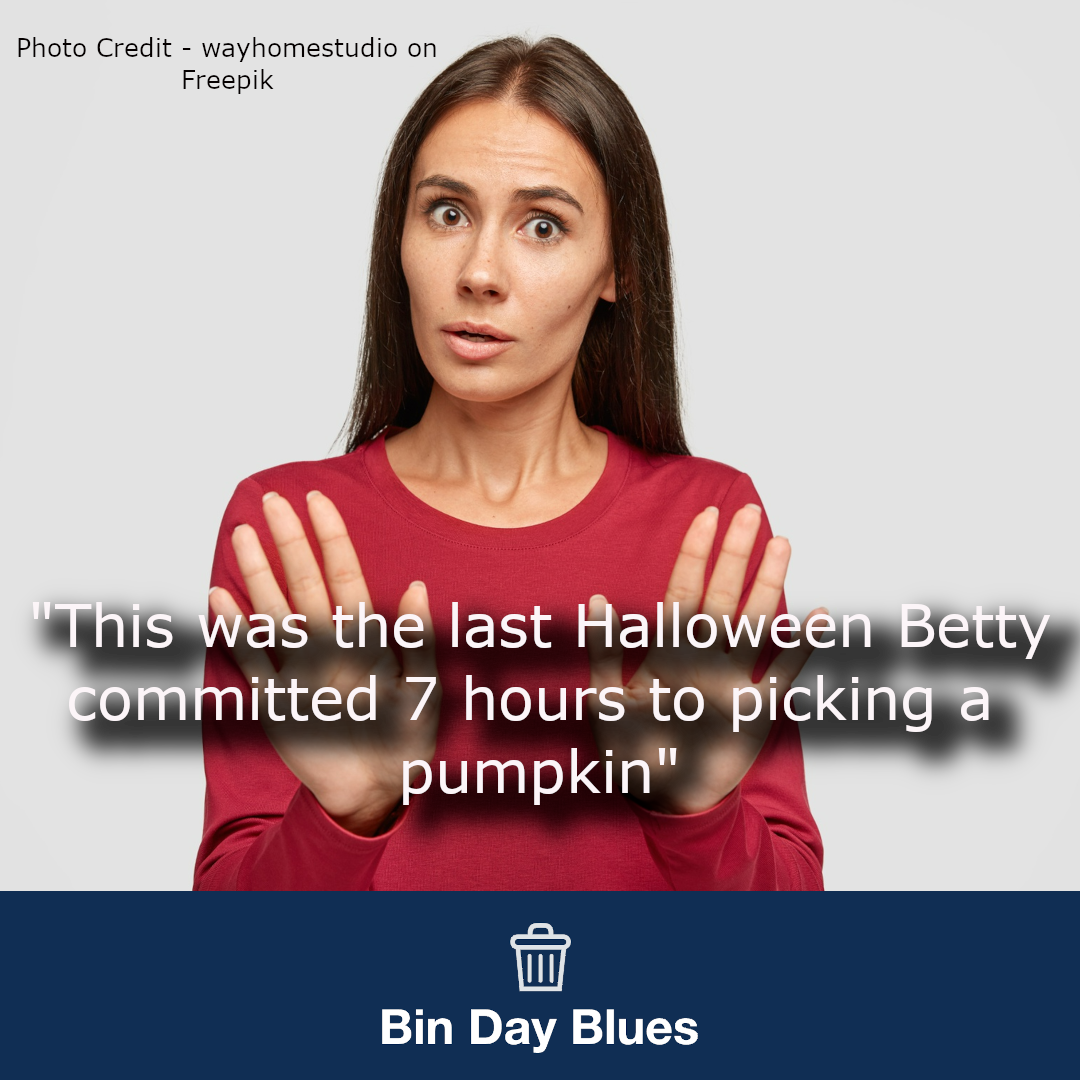Articles
The Sumo Mindset
The sumo mindset, rooted in discipline, resilience, and respect, offers transformative lessons for personal growth. By embracing balance, mindfulness, and dedication, this philosophy helps cultivate well-being, focus, and success, transcending the boundaries of traditional sport into everyday life.
Be more proactive
The art of being proactive, as articulated by Stephen Covey in "The 7 Habits of Highly Effective People," represents a transformative approach to life and work. Proactivity is the proactive person's commitment to taking initiative, owning their choices, and recognising the power they have to shape their circumstances. It's an art that transcends mere action; it's about embracing responsibility for one's life and responses to the world around us.
Self-acceptance
In the tapestry of middle age, self-acceptance becomes a transformative thread weaving through the complex fabric of identity, your mind seems the same as ever, but your ability to get out of bed without groaning is unavoidable.
The fabric of consumerism
Sarah, an avid smartphone enthusiast, cherished her iPhone 14 as more than just a device; it was a symbol of cutting-edge innovation, personal connectivity and status. The sleek design and advanced features made her believe it was the pinnacle of technology and provided her with bundles of electronic joy. Her iPhone 14 seamlessly integrated into her daily life, becoming an extension of herself. Even though the device fulfilled all her requirements, she was both curious and excited about the next incarnation and what magical features it would deliver.
Why write a letter to yourself?
Writing a letter to yourself every quarter can be a transformative practice with numerous benefits. Firstly, it serves as a reflective tool, allowing you to track personal and professional growth over time. By articulating your goals, challenges, and achievements, you gain clarity on your journey and identify areas for improvement.
What is a bloke’s midlife crisis?
A male midlife crisis is a real phenomenon characterised by a period of psychological and emotional turmoil typically occurring in middle age, often around the age of 40-60. This casts images of a man with a receding hairline buying a flashy new sports car in the hope of impressing a trophy mate.
Better Sleep
A good night's sleep is a cornerstone of overall well-being, offering a myriad of health benefits. Adequate sleep enhances cognitive function, improving memory, focus, and problem-solving skills. It supports emotional resilience, reducing stress and irritability. Physically, it aids in muscle repair, immune system function, and hormone regulation. Sleep is integral to maintaining a healthy weight, as it regulates appetite and metabolism. Additionally, quality rest promotes cardiovascular health and lowers the risk of chronic conditions. Embracing a consistent sleep routine fosters mental clarity, emotional balance, and sustained energy levels, contributing to a more vibrant and fulfilling life.
The graceful art of humility
Choosing to remain quiet about one's own success is a powerful testament to humility and grace. In a world often filled with self-promotion and the desire for external validation, the decision to keep one's achievements discreet reflects a depth of character. It signifies a focus on substance over spectacle, allowing accomplishments to speak for themselves while still remaining pretty humble.
Facing setbacks
Facing setbacks is an inevitable part of life, and how we navigate through challenges defines our resilience and growth. When setbacks occur, it's crucial to first acknowledge and accept the emotions that arise—whether it be frustration, disappointment, or even a sense of failure.
Choosing your battles wisely
Choosing your battles wisely is a crucial skill for maintaining peace and preserving energy in various aspects of life. Not every disagreement or conflict demands your full attention and effort. Discerning between significant issues and minor disagreements allows you to allocate your resources effectively.
Clear direction - or clearer
Life without a clear direction is like sailing a boat into the open sea without a destination in sight. The absence of a defined path leaves individuals feeling like Uncle Travelling Mac in the wilderness, unsure of where to plant his next step. It's a journey without a roadmap, where choices become meandering detours, and aspirations hover in a hazy uncertainty. Lacking direction means navigating the crossroads of life without a signpost, making each decision feel like a shot in the dark, which it often is.
When you change your thoughts, remember to also change your world.
Norman Vincent Peale's wisdom offers the profound connection between your own thoughts and the reality they shape. He encourages a journey of transformation. By acknowledging the power of thought, Peale urges individuals (like you) to recognise that the internal landscape is intricately woven into the fabric of external experiences.
To be or not to be: that is the question
Billy Shakespeare wrote Hamlet around 1599–1601, the same as now, people like Prince Hamlet wrestled with demons and inner turmoil. So much energy can be wasted on bad thoughts that churn you up inside, these are ultimately destructive and lead to negative consequences.
Time is a finite resource
Valuing your time is an essential aspect of personal and professional success. Time is a finite resource, and how we allocate it can profoundly impact our productivity, well-being, and overall fulfilment in life.
Fun over financial
Embarking on a project or business just for shits and giggles, rather than aiming to bathe in pools of money, is like drinking a mug of inner joy. It's the entrepreneurial equivalent of dancing in your living room with no audience but your cat - who’s asleep. Without the looming shadow of profit margins, you're free to chase your whims, whether it's turning your collection of vintage 1980s VHS videos into a museum or creating a service that designs and delivers sloth t-shirts. The world is your oyster.
The way to get started is to quit talking and begin doing
"The way to get started is to quit talking and begin doing" - Walt Disney encapsulates the essence of proactive and decisive action.
Home Alone, not the funny Christmas movie:
Working from home can bring a unique sense of isolation, creating a crazy form of loneliness amidst the comfort of your own space. The absence of colleagues, chats by the kettle, and the ambient hum of the office air conditioning can leave remote workers feeling disconnected.
Tired by the thought of resting
The insane weight of societal and perceived expectations and personal ambitions often converges into an oppressive force, pressuring individuals not to rest.
In a relentless pursuit of success and being busy, the modern world demands constant productivity, leaving little room for rest and relaxation. Worse still, we often push this on to others such as our children.
The fear of falling behind or being perceived as lazy amplifies this pressure, creating a culture where rest is viewed as a luxury rather than a necessity.
Sick kids and workdays
Picture this: your to-do list is as War & Peace, but your child has a temperature hotter than the centre of a McDonald’s apple pie and needs a sick day, turning your workspace into a makeshift doctor's surgery.
Take a deep breath, acknowledge that things won’t run as smoothly as first anticipated, and cut yourself some slack. Make sure you inform your colleagues about the unexpected events ensuring they don't think you've run off to join the circus but try and stay relaxed.
It’s OK to say no
Balancing the demands of work and family is a delicate art that requires thoughtful prioritisation and effective time management.
Try to begin by setting clear priorities and goals for both areas of your life, ensuring they align with your values.



